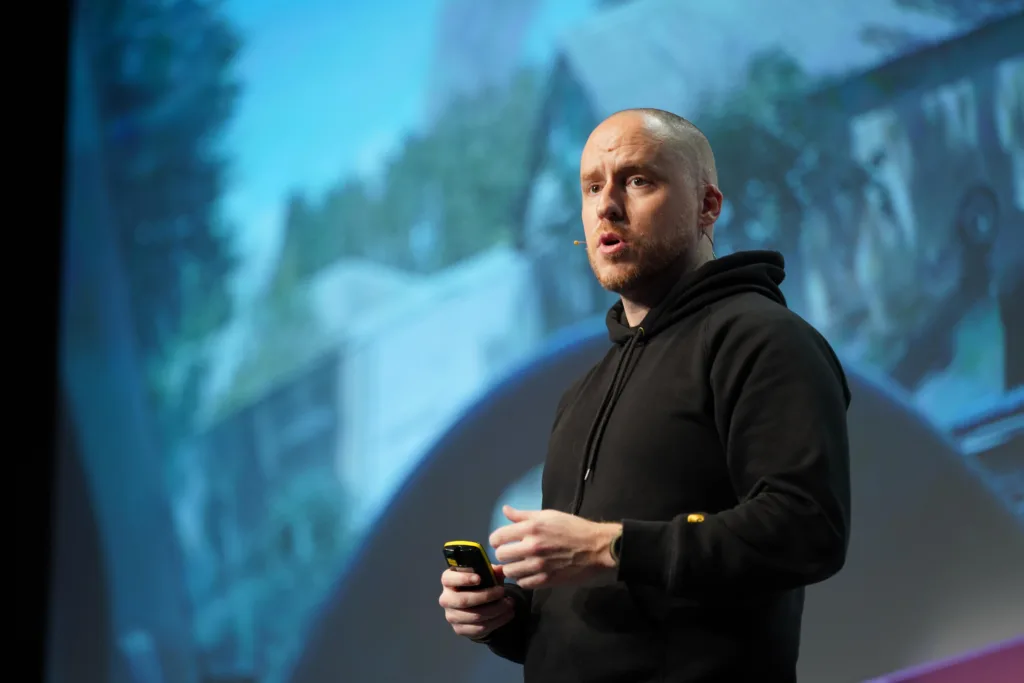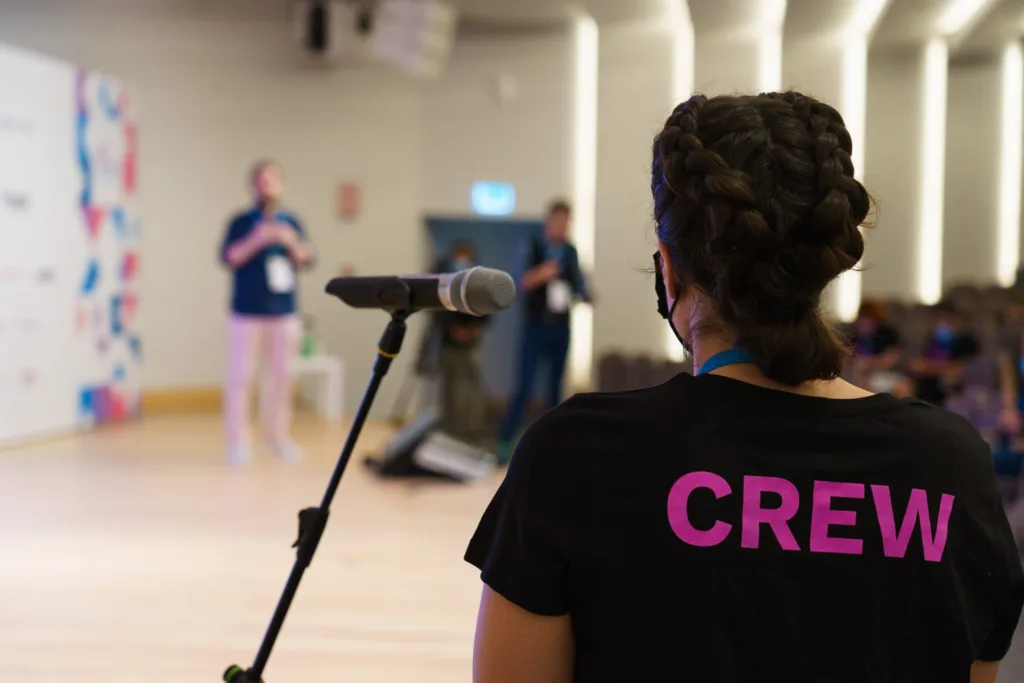June 9, 2025: The YouTube embed at the end of this post was hanged to the upload of the specific talk mentioned instead of the Day 1 – Track 1 live stream.
June 10, 2025: The photo credit has been updated to include the photographer’s name and linking to the source instead of Twitter.
There’s been growing debate recently about whether WordCamps have lost their value and relevance. Some argue that attendees rarely share meaningful takeaways afterward, and question whether the talks are impactful enough to provide real learning. They suggest that many people attend only for the travel, social events, and parties. While there may be some truth to these points for certain individuals, I don’t believe this is a fair or accurate generalization.
There are certainly areas where WordCamps could improve. But there are also aspects that stand out as exceptional. They bring together people from around the world and across all walks of life. They celebrate the four freedoms of the GPL and the core ideals that make open source meaningful. And they use the opportunity of being together in person to rally around the shared mission of democratizing publishing.
But like anything in life, these events are only as good the mindset you approach them with.
Meaningful Impact of Open Source Software
Yesterday’s keynote at WordCamp Europe struck a deep chord with me. In WordPress without Borders — The Fight for Digital Freedom, Noel Tock spoke about his personal experiences in war-torn Ukraine. Through his non-profit, Dog Help Kharkiv, he works to evacuate dogs from the frontlines before finding them safe, loving homes.

He witnessed how the open web enables life-changing work first-hand. Ukranian organizations are reuniting families or literally changing and saving lives. These initiatives were made possible thanks in part to the work we all do building and maintaining the WordPress software powering tens of millions of websites.
What a powerful reality made possible by the ideals of Open Source.
Sharing Our Stories
While stories at the severe end of the spectrum like these are (hopefully) rare, there’s no shortage of instances where the impact of the software we maintain is life changing. But why is it so hard to find them? It’s not because they don’t exist. The people living these stories are just busy doing the actual work: fundraising, helping others, managing the demands of everyday life, and running their businesses.
WordCamps are more than just conferences. They are moments of connection, reflection, and renewal for a global community working toward something bigger than ourselves. The value is not always in the slides or the swag, but in the relationships formed, the perspectives expanded, and the stories shared. But they’re also an opportunity to share our own stories.
If we want WordCamps to improve, we have to show up with purpose. Attend the talks, ask thoughtful questions, introduce yourself to someone new, and share what you learn. Most importantly, we need to be more intentional about sharing the stories that matter.

When we tell stories about a simple blog that helps reunite a family, or a one-page fundraising site that powers a grassroots rescue effort, we remind ourselves why this work is meaningful. These are not outliers. WordPress is designed to be stable, extensible, and accessible so that anyone can build with confidence. And what they build can change lives.
To make WordCamps better, we must make space for stories like these. Seek them out, listen to them, and share them. When we do, we not only rediscover purpose in our work, we also learn from the people who use what we build. But we don’t have to wait for a WordCamp to do this. Reach out. Tell someone how their work has impacted your community, your family, or your life.
As I highlighted in the talk I gave yesterday, every line matters.
Watch the Replay
Featured image credit: CC0 licensed photo by annezazu from the WordPress Photo Directory.

Leave a Reply